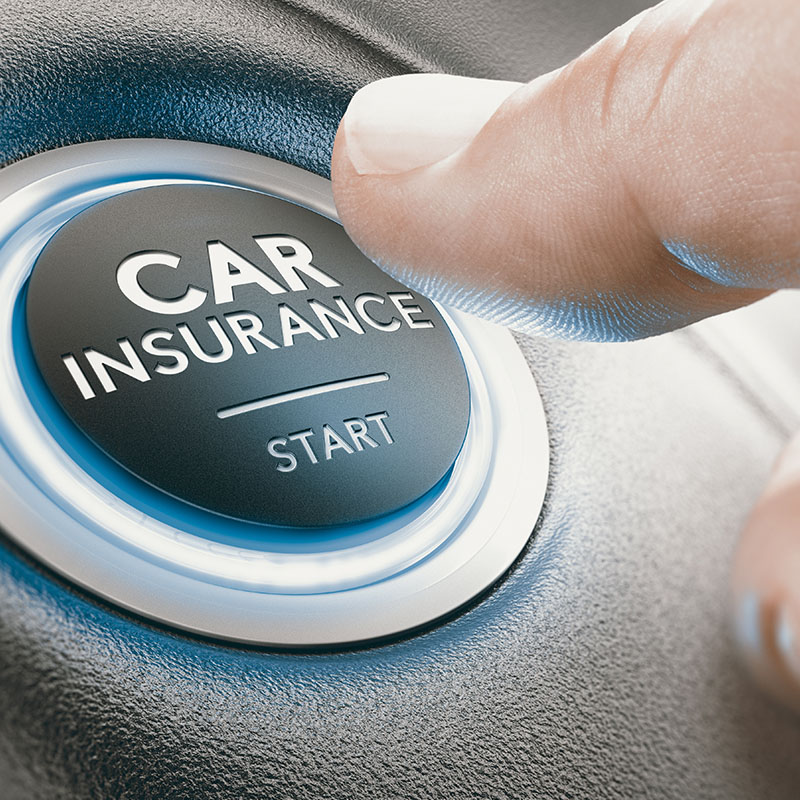Thinking About Insuring Motorhomes? Here’s Everything You’ll Need to Know
KEY TAKEAWAYS:
- When it comes to insuring motorhomes, there are a few types of coverage that you’ll need to consider:
- Coverage for medical payments and bodily injury
- Coverage for towing and labor costs
- Property damage liability coverage
- Emergency expense coverage
- Replacement cost personal effects coverage
So, you’re dreaming of cruising the scenic highways of Colorado in your favorite motorhome. But before you hit the open road, there’s one thing you’ll need to take care of: insurance. While it may not be the world’s most exciting topic, it’s extremely important for avid RVers. That’s why we’re here to tell you everything you’ll need to know about insuring motorhomes and other recreational vehicles.
Why Motorhome Insurance Matters
Colorado is a land of rugged beauty, with its towering peaks, winding roads, and unpredictable weather. It’s the perfect playground for motorhome enthusiasts, but it’s also a place where accidents can happen. That’s why insuring motorhomes is so important out here in the Centennial state. Whether it’s a sudden hailstorm, a collision on a tricky mountain pass, or even theft, you’ll want to make sure you’re covered.
Basic Coverage for Insuring Motorhomes
If you’re new to insuring motorhomes, then you’re probably wondering what types of coverage you’ll need. Here are some basic types of insurance you’ll want to consider for your motorhome:
1). Coverage for Medical Payments and Bodily Injury
Safety first! You’ll want to make sure that your motorhome policy includes coverage for medical payments and bodily injury. Coverage for medical payments takes care of your medical bills, up to your limits, if you or your passengers are injured in an accident. Bodily injury liability coverage, on the other hand, helps you pay for injuries caused to others in an accident where you’re at fault.
2). Collision Damage and Comprehensive Damage
Collisions and accidents can be a real buzzkill. That’s where collision damage and comprehensive damage coverage come to the rescue. Collision coverage kicks in when your motorhome collides with another vehicle or object. Comprehensive coverage, meanwhile, covers non-collision-related damages like theft, vandalism, or natural disasters like hail. Together, they ensure your home-on-wheels stays intact.
3). Towing and Labor Costs
Towing and labor cost coverage is a must. Whether your motorhome breaks down suddenly or you just need a quick tow, this coverage ensures that help is on the way without emptying your wallet.
4). Rental Car Costs
Accidents can sometimes take your motorhome off the road for repairs. That’s when rental car coverage steps in. It helps cover the cost of renting a temporary set of wheels so you can continue your adventure while your motorhome gets back in shape.
5). Property Damage
Accidents happen. But what if your motorhome accidentally damages someone else’s property? That’s where property damage liability coverage comes in handy. It helps you pay for the repair or replacement of the other person’s property, like their car or a fence, if you’re at fault.
6). Emergency Expense Coverage
Emergency expense coverage comes to the rescue. It helps cover the costs of necessary accommodations, meals, and even transportation while your motorhome is out of commission. It does wonders for you when you hit life’s unexpected road bumps!
7). Vacation Liability
You’re on vacation to relax, but accidents can happen, and liability claims can put a damper on your trip. Vacation liability coverage steps in to protect you in case someone gets hurt on or around your motorhome while you’re parked at a campsite. It can also cover you if there’s damage to someone else’s property caused by your motorhome during your vacation.
8). Replacement Cost Personal Effects Coverage
This is one of the best ways of insuring motorhomes. Your motorhome is like your home away from home, and you’ve probably loaded it up with personal belonging, from gadgets to camping gear and everything in between. If these items are damaged, lost, or stolen during your trip, replacement cost personal effects coverage helps you replace them with new items of similar quality. So, if your camera gets soaked during a sudden rainstorm or your camping gear mysteriously disappears, this coverage ensures you won’t be left high and dry.
Get Rolling with Avalue Insurance
When it comes to insuring motorhomes, our insurance experts are the best in Colorado. At Avalue Insurance, we specialize in helping RVers find the perfect policies for their motorhomes. We’ll make sure your rig is covered from bumper to bumper. So, if you’re a weekend warrior, a full-time RVer, or anything in between, we’ve got you covered.
Ready to get started? It’s quick and easy! Contact Avalue Insurance today, and let our experts help you protect your favorite recreational vehicle. Request a consultation right here online today, or give us a call at (303) 773-3332 to speak with an insurance professional right away!
























